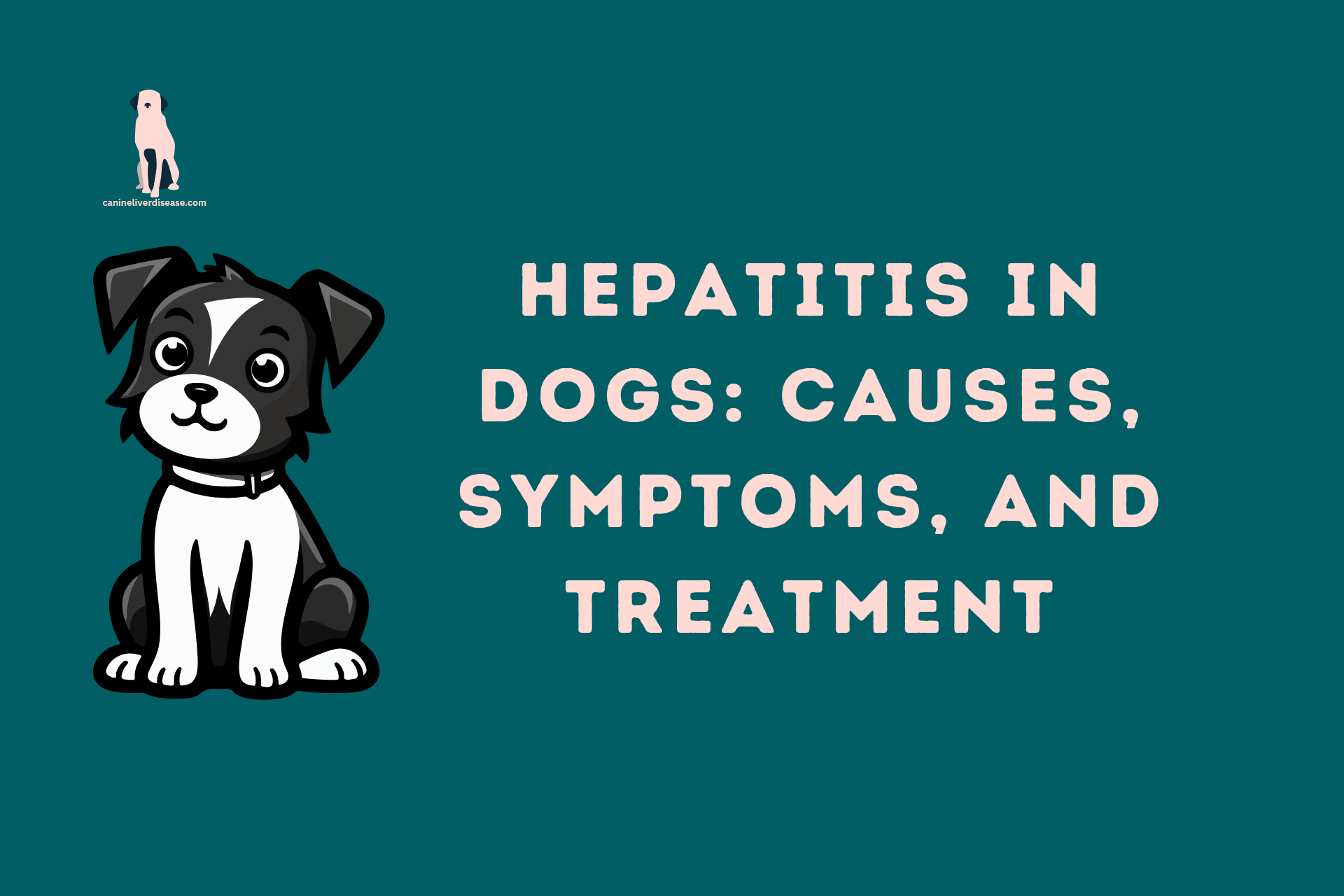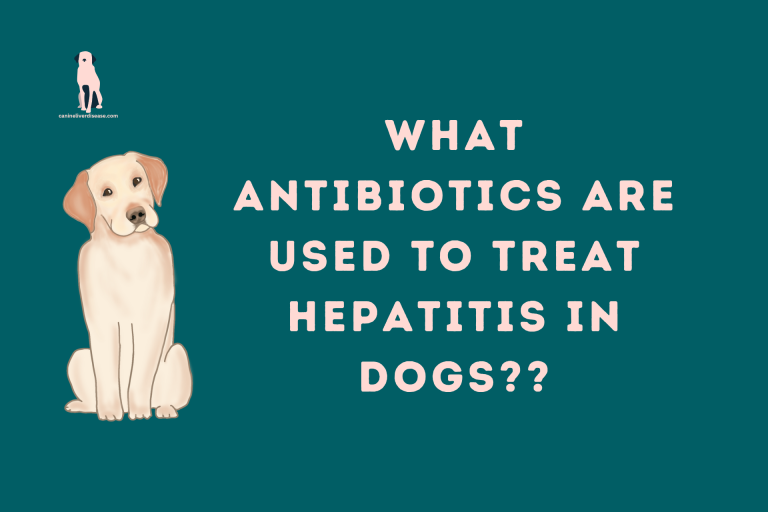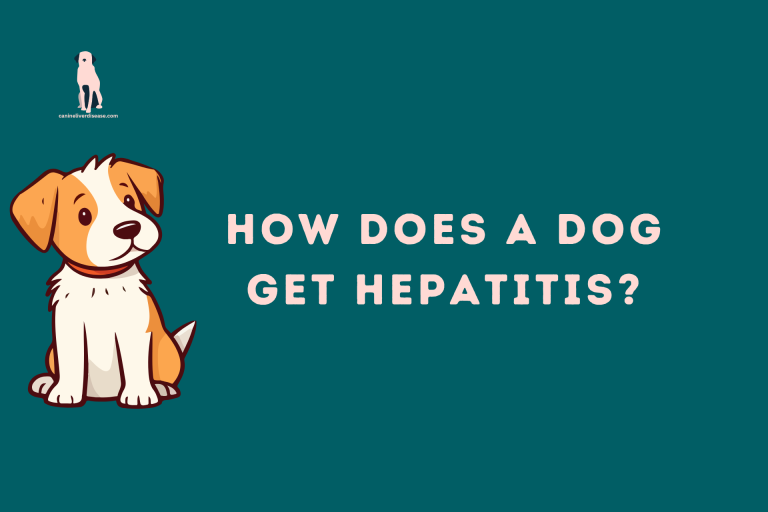Hepatitis in Dogs: Causes, Symptoms, and Treatment
Hepatitis in dogs is a serious liver disease that can significantly impact your furry companion’s health. This informative article will delve into canine hepatitis, exploring its causes, symptoms, treatment options, and more. Whether you’re a concerned pet owner or simply curious about this condition, we’ve covered you with all the essential information you need.
What is Hepatitis in Dogs?
Hepatitis in dogs, also known as canine hepatitis, is a liver disease targeting the liver, leading to liver damage and dysfunction. This condition is caused by a virus known as Adenovirus, and it can affect dogs of all breeds and ages.
Common Symptoms of Hepatitis in Dogs
Identifying the symptoms of hepatitis in dogs is crucial for early diagnosis and treatment. Here are some common signs to watch out for:
- Lethargy: If your dog seems unusually tired and lacks energy, it could be a sign of hepatitis.
- Loss of Appetite: A sudden decrease in appetite or refusal to eat can indicate liver issues.
- Vomiting and Diarrhea: Gastrointestinal problems like vomiting and diarrhea may occur in dogs with hepatitis.
- Jaundice: One of the hallmark signs of canine hepatitis is jaundice, which causes yellowing of the skin and eyes.
- Abdominal Pain: Dogs may display discomfort or pain in the abdominal area.
Infectious Nature of Canine Hepatitis
Canine hepatitis is an infectious disease, which means it can spread from one dog to another. It can be transmitted through contact with infected dogs, their urine, or contaminated environments. Vaccination plays a crucial role in preventing the spread of this disease, making it vital for your pet’s health.
How is Hepatitis in Dogs Transmitted?
Understanding how this disease is transmitted is essential in preventing its spread. The virus responsible for hepatitis in dogs can be transmitted through:
- Direct Contact: Close interaction with an infected dog can lead to transmission.
- Ingestion of Contaminated Material: Dogs can contract hepatitis by ingesting contaminated food, water, or objects.
- Airborne Droplets: Airborne transmission can occur when infected dogs cough or sneeze near healthy dogs.
Diagnosis and Treatment
Diagnosing hepatitis in dogs typically involves blood tests and clinical evaluations. Sometimes, a liver biopsy may be necessary to confirm the diagnosis. Early detection is crucial for a better prognosis.
Prognosis and Treatment Options
The prognosis for dogs with hepatitis varies depending on the severity of the condition. Acute hepatitis can be life-threatening, while chronic hepatitis may require long-term management. Treatment options may include medications to manage symptoms, support liver function, and address underlying causes.
Treatment options for hepatitis in dogs:
1. Medications
Your veterinarian may prescribe medications to manage the symptoms of hepatitis and support liver function. These medications may include anti-inflammatory drugs, antioxidants, and medications to control vomiting and diarrhea.
2. Fluid Therapy
Intravenous (IV) fluids may be administered to dogs with hepatitis to maintain hydration and provide essential nutrients. This is especially important if your dog is not eating or drinking well.
3. Special Diet
Some dogs with hepatitis benefit from a special diet tailored to their condition. Your veterinarian can recommend a diet that is easy on the liver and meets your dog’s nutritional needs.
4. Antibiotics
In cases where bacterial infection is present or a risk, antibiotics may be prescribed to combat the infection and prevent further complications.
5. Supportive Care
Dogs with hepatitis often require supportive care, including rest, a comfortable environment, and close monitoring of their condition.
6. Regular Veterinary Check-ups
Long-term management of chronic hepatitis may involve regular check-ups with your veterinarian to monitor your dog’s liver function and adjust treatment as needed.
7. Vitamin and Mineral Supplements
Some dogs with hepatitis benefit from supplements like B vitamins and zinc to support liver health.
It’s important to note that the specific treatment plan for your dog will depend on the severity of the hepatitis, and your veterinarian will tailor the treatment to your dog’s needs. Always consult with a qualified veterinarian for a proper diagnosis and treatment plan for your pet.
FAQs
Q1: Can hepatitis in dogs be prevented through vaccination?
A1: Vaccination is a highly effective way to prevent hepatitis in dogs. Consult your veterinarian for a vaccination schedule.
Q2: Is hepatitis in dogs contagious to humans?
A2: No, canine hepatitis is not zoonotic, which means it does not transmit to humans.
Q3: What should I do if I suspect my dog has hepatitis?
A3: If you notice any symptoms of hepatitis in your dog, it’s crucial to consult your veterinarian promptly for diagnosis and treatment.
Q4: Are there any dietary restrictions for dogs with hepatitis?
A4: Your veterinarian may recommend a special diet tailored to your dog’s condition. Follow their guidance closely.
Conclusion
In conclusion, hepatitis in dogs is a concerning liver disease that can impact the well-being of your beloved pet. Understanding the causes, symptoms, and treatment options is essential for providing the best care possible. If you suspect your dog may have hepatitis or simply want to ensure their health, don’t hesitate to consult your veterinarian. Together, we can keep our furry friends happy and healthy.







